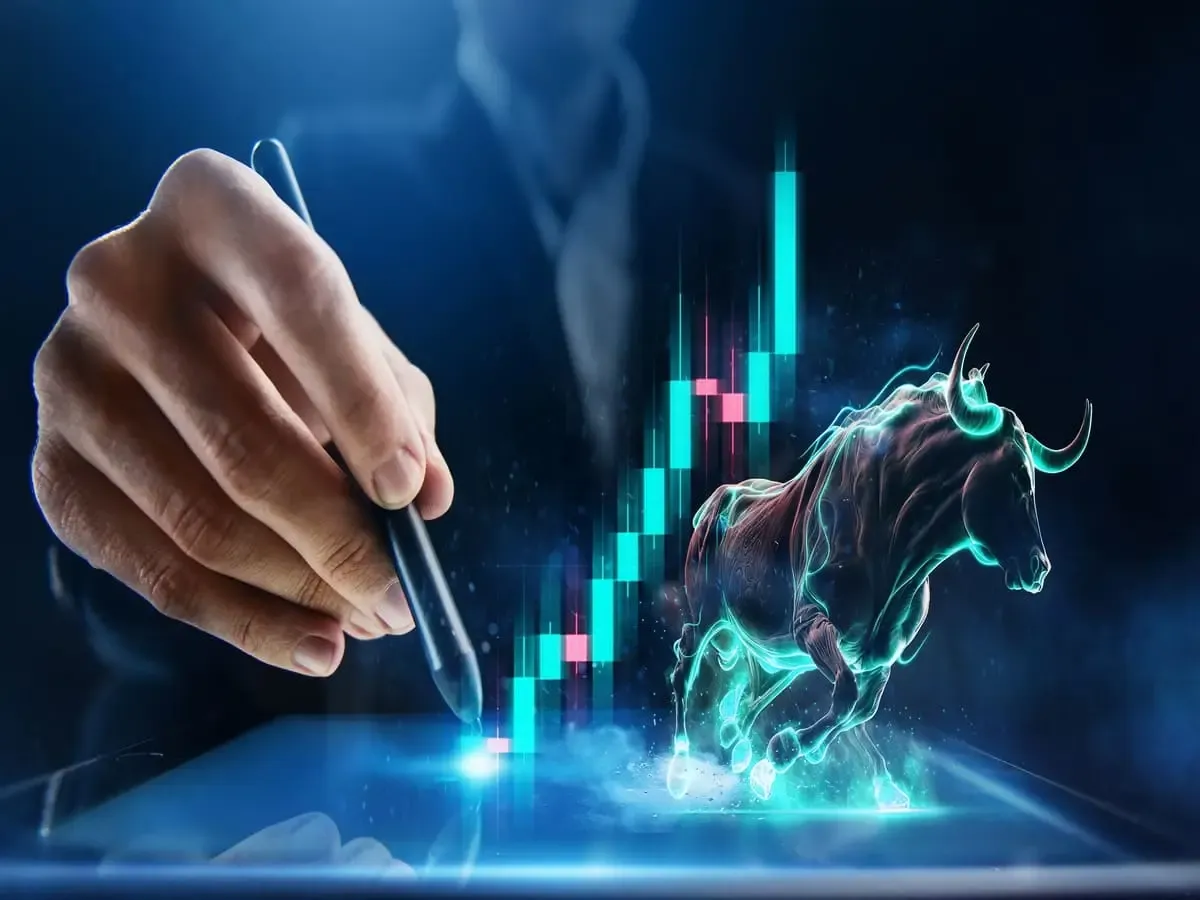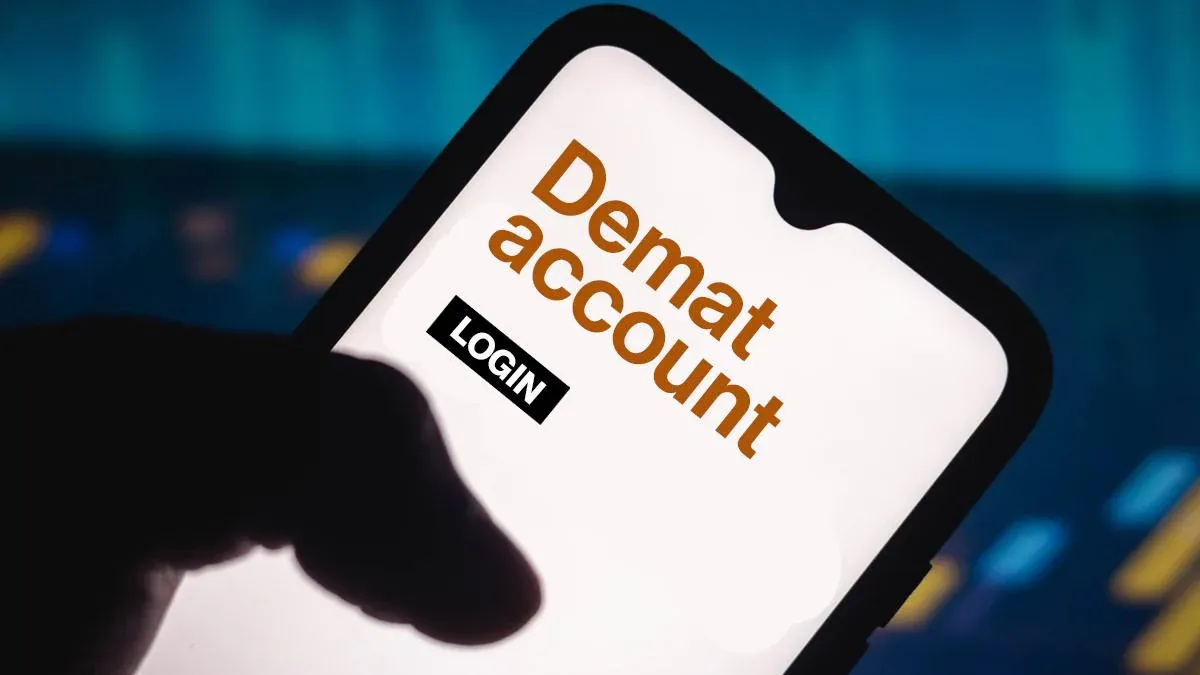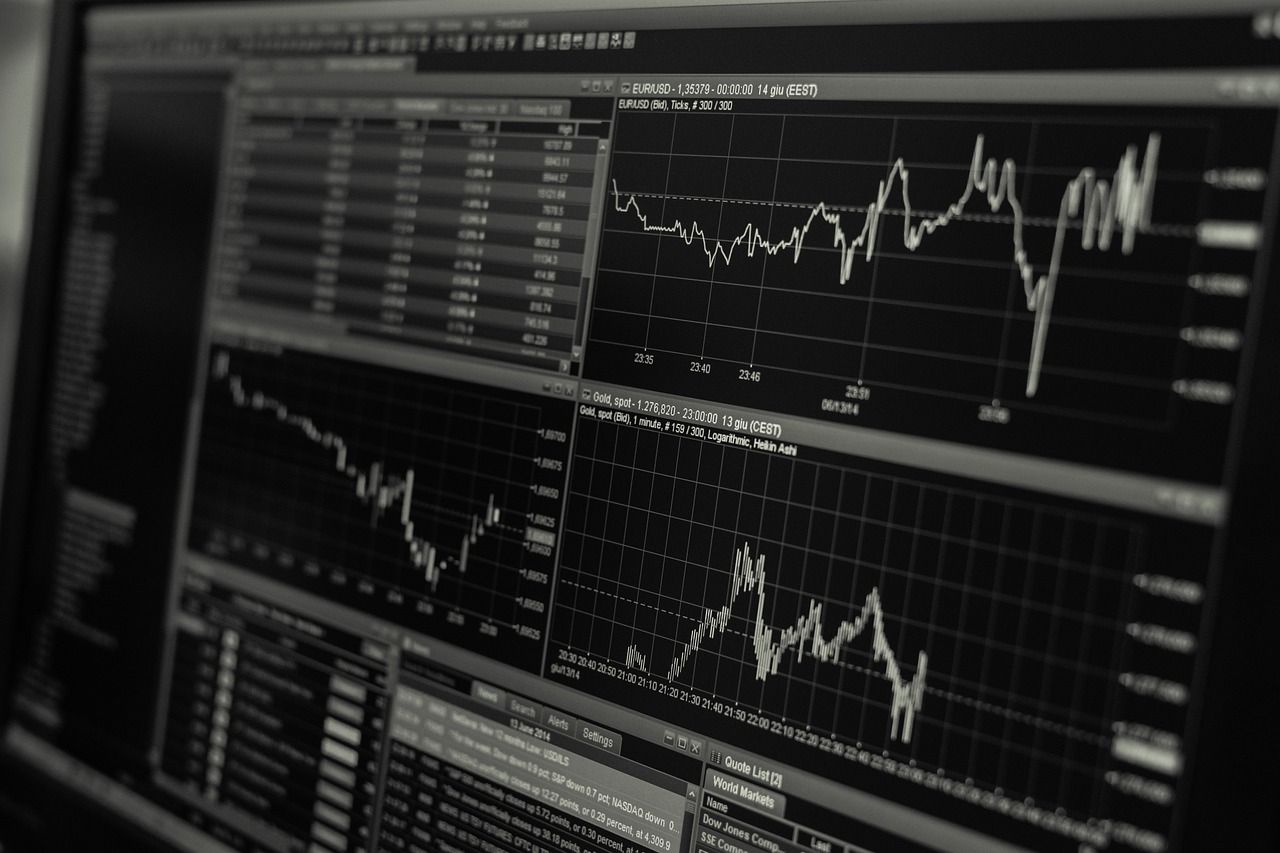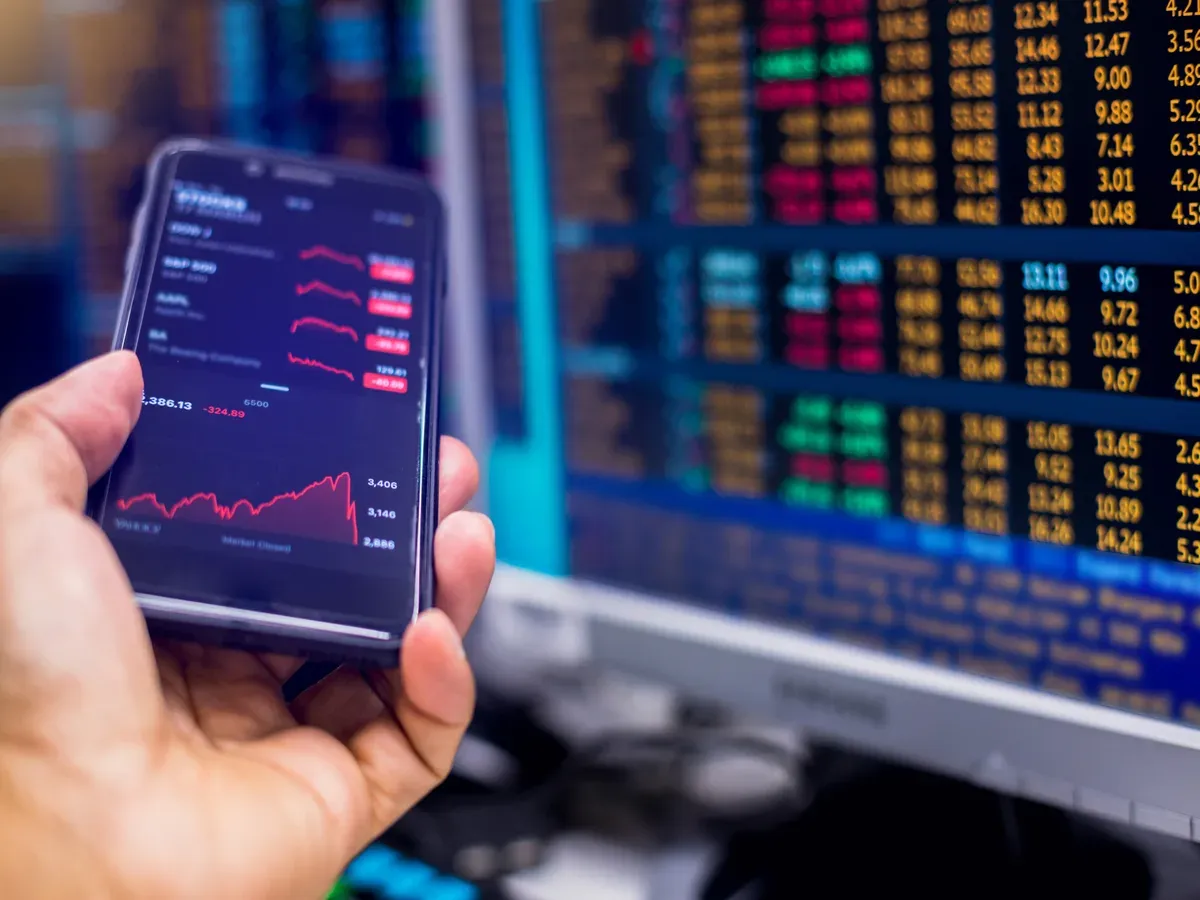How to Buy Sell Shares in Demat Account?
Written by Upstox Desk
Published on January 20, 2026 | 8 min read
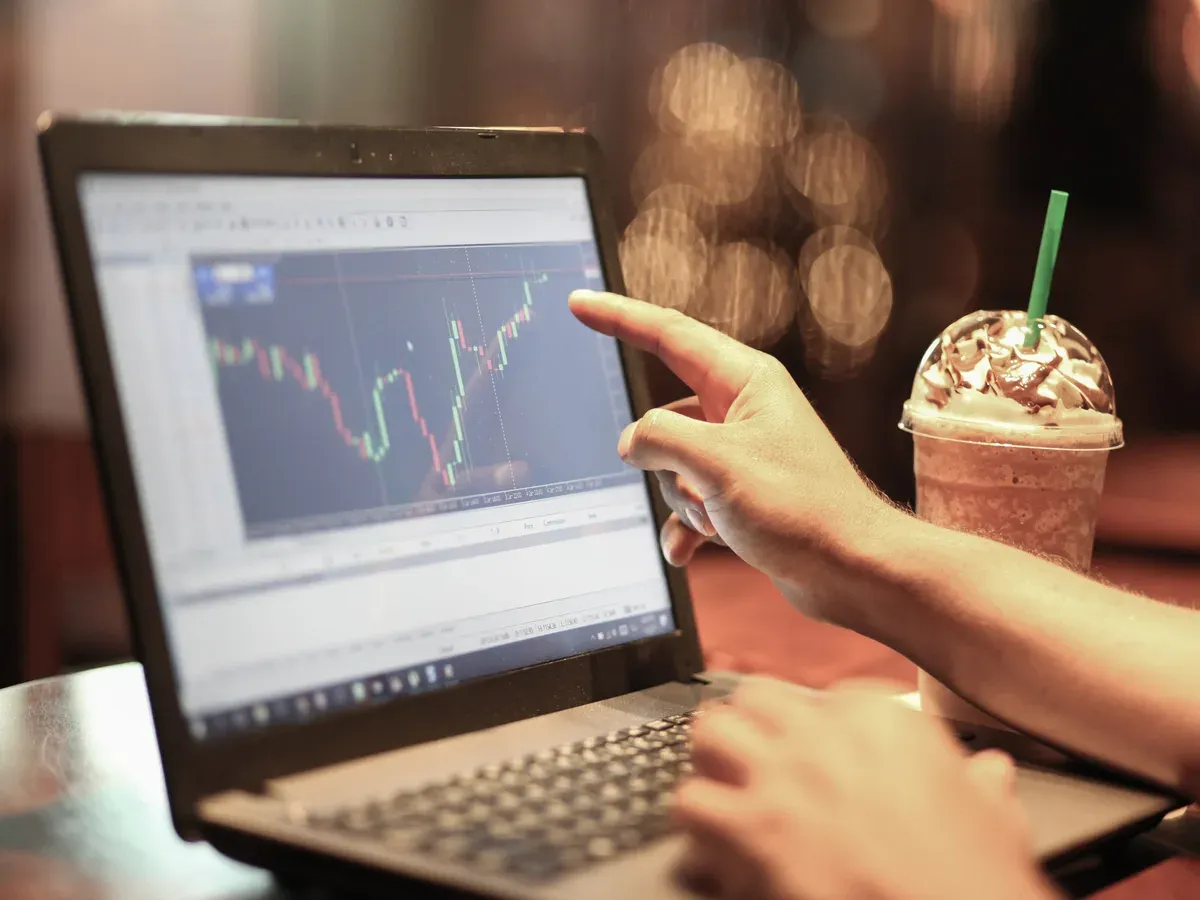
How Can I Purchase and Sell Shares Using a Demat Account?
With Demat-based share buying and selling, India's traditional approach to buying shares is no longer used. Currently, shares may be bought and sold with a single click.
The shares are sent to your Demat account when you purchase them using an online trading account. Similar to this, shares are immediately sold from the Demat account when you sell them.
A Demat account is essential for trade or investment in the Indian financial market. However, you must understand what a Demat account is before understanding how to start trading with one.
Having an online Demat account is insufficient by itself. An investor must have a trading account connected to their bank account to engage in investing. Let's explore what a Demat account is, the buying process, and how to sell shares in a Demat account in India.
What Are Demat Accounts?
A digital account known as a Demat or dematerialized account is used to store the shares you purchase through a stock exchange like the NSE or BSE. Central Depository Services Limited (CDSL) and National Securities Depository Limited manage Demat transactions in India (NSDL).
Since its inception in 1996, the idea has been the preferred method for investors to retain their shares. The difficulty of storing actual share certificates is eliminated with a Demat account. Investors may use a Demat account to hold everything from government securities to mutual funds to equities, bonds, and stocks.
What Are Trading Accounts?
Only stock exchange members, such as the Bombay Stock Exchange (BSE) or National Stock Exchange (NSE), regarded as stockbrokers, can transact on it.
Since stock trading occurs via the Internet, anybody with a Trading account can execute individual trades using a computer or mobile device. In addition, stockbroking companies provide Trading accounts for stock purchases and sales.
Brokers also provide Demat accounts. A selected few banks likewise provide trading accounts via their securities trading departments.
Costs Associated With Stock Market Trading in India
Account opening fees for both trading and Demat accounts may be applicable. But, of course, many brokers and depository participants waive these charges to draw in new investors.
For Demat accounts, you must also pay yearly maintenance and transaction fees. In addition, when you purchase and sell shares via a trading account, you must pay brokerage fees and taxes like the securities transaction tax.
When creating Demat and Trading accounts, you must consider these charges. Mainly the transaction costs like brokerage since they will impact your revenues.
How to Purchase Shares Using a Demat Account?
1. Get a PAN Card
A Permanent Account Number (PAN) is required to trade and purchase shares on the stock market. PAN cards are issued under the supervision of the income tax division. Online or via an agent, you can apply for a PAN card. Once you have your PAN, you are qualified to create a Demat account.
2. Set Up a Demat Account and an Online Trading Account
As previously stated, data accounts are kept and handled by CDSL and NSDL. Approach a Depository Participant (DP) or broker to create a Demat and online trading account. Opening Demat and trading accounts are made simple by the broker.
In the open market, you may easily choose the stocks you want to buy or sell and trade them. However, the broker's trading assistance must be contacted if you wish to make an order over the phone. The orders placed via phone may be subject to a small fee from certain brokers. However, it costs nothing to place an order online.
3. Connect Your Bank Account
An account with a bank is necessary for trading shares, just like the PAN. Open a bank account immediately if you don't already have one. Transferring the investment amount from your bank to the online trading account is required when you invest your funds in the stock market.
4. Start Your Trading
Following the setup of your account, you may access the broker's online trading platform, identify the shares you wish to buy, and place a buy order. However, brokers who deal in stocks often charge a margin for purchasing shares over and beyond the account amount. Get in touch with your broker to learn more about such charges.
How to Sell Shares Using a Demat Account?
So the moment you decided to sell the shares you invested in has come. It might be because you've reached the financial aim for which you have acquired that particular stock or perhaps because the stock has been declining for a long-time, and you don't expect to sustain your losses in the future.
Whether it is in profit or loss – not relevant! What is vital for you right now is to comprehend how to sell the shares. The most straightforward technique is to withdraw your position at the current share price via the market order. However, even with this, you may sell at a different price than you intended.
Here, you may use the limit or stop-loss order to guarantee to exit the trade at a specified price. You may also indicate the no. of shares you wish to sell. Once the order hits, you'll exit your investment, and a reasonable profit or loss will display in your Demat account.
Many investors have gained knowledge regarding how to sell shares online in India and are now generating significant income through stock trading in India.
Opening a Demat account is required to buy and sell shares on the stock market. Since your Demat account is where your shares are kept in dematerialized form, choosing a reputable and trustworthy broker is essential when opening one.
A hassle-free trading experience and affordable brokerage fees are features of good brokers. However, getting familiarized with the trading platform is necessary before making real money market investments. After that, you must buy or sell shares on your trading platform and generate revenue.
FAQs
What options do I have for selling shares in a Demat account without needing a trading account?
You won't be able to sell the shares via your Demat account if you don't have a trading account. Additionally, per SEBI regulations, you need a trading account to purchase or trade stocks on the market.
I own stocks in my Demat account; how can I see them?
The Depository Participant, a stockbroker, a financial services company, or a bank are all sources where you can obtain details of your Demat account holdings. A Demat account operates like that a savings account.
To find out what shares and other investment securities you have in your Demat account, examine the "Statement of Demat Holdings." You may see your Demat statement of account through your DP's online system, website, or mobile application.
If you have many Demat accounts, you should choose a record that gives you a thorough summary of every one of them. You may accomplish this by going online and obtaining a Consolidated Account Statement (CAS) from your Central Depository. A comprehensive evaluation of your assets is given to you in the thorough document known as CAS.
How does a Demat account work for buying and selling shares?
To purchase and sell shares on the secondary market, you must create a Demat account and a Trading account. A trading account connects your bank and Demat accounts to complete your purchase or sale transaction.
Your buy/sell order must be recorded in the Trading account against the selected stock.
Before entering the order, ensure your bank account has the necessary funds to execute the transaction if you wish to acquire shares. After that, shares will automatically move from or to your Demat account, whether you bought or sold shares. Finally, there will be a further fund transfer to complete the deal.
What documentation is required to open a Demat account in India?
The following are the documents necessary to open Demat Account in India:
• Proof of Income: copy of a tax return (ITR), photo, receipt slips, pay slips, and declarations of net worth are recognized as evidence of income.
• Proof of Identity: PAN cards, Aadhars, voter IDs, driving licenses, and passports are all acceptable forms of identification. Additionally acceptable are identity cards issued by statutory organizations, public sector businesses, and the federal and state governments.
• Proof of Address: Passport, voter identity card, registered lease or sale of agreement of residence, driver's license, a bank statement that is not more than three months old, etc., are all examples of proof of address. The address given in the spouse's name is also acceptable.
How will my Demat account be affected if I don't use it?
Once the depository declares your Demat account inactive, you are not permitted to undertake any debit or credit transaction without first reactivating the account. And to do so, you would first have to repeat the complete Know Your Customer (KYC) procedure.
About Author
Upstox Desk
Upstox Desk
Team of expert writers dedicated to providing insightful and comprehensive coverage on stock markets, economic trends, commodities, business developments, and personal finance. With a passion for delivering valuable information, the team strives to keep readers informed about the latest trends and developments in the financial world.
Read more from UpstoxUpstox is a leading Indian financial services company that offers online trading and investment services in stocks, commodities, currencies, mutual funds, and more. Founded in 2009 and headquartered in Mumbai, Upstox is backed by prominent investors including Ratan Tata, Tiger Global, and Kalaari Capital. It operates under RKSV Securities and is registered with SEBI, NSE, BSE, and other regulatory bodies, ensuring secure and compliant trading experiences.


















